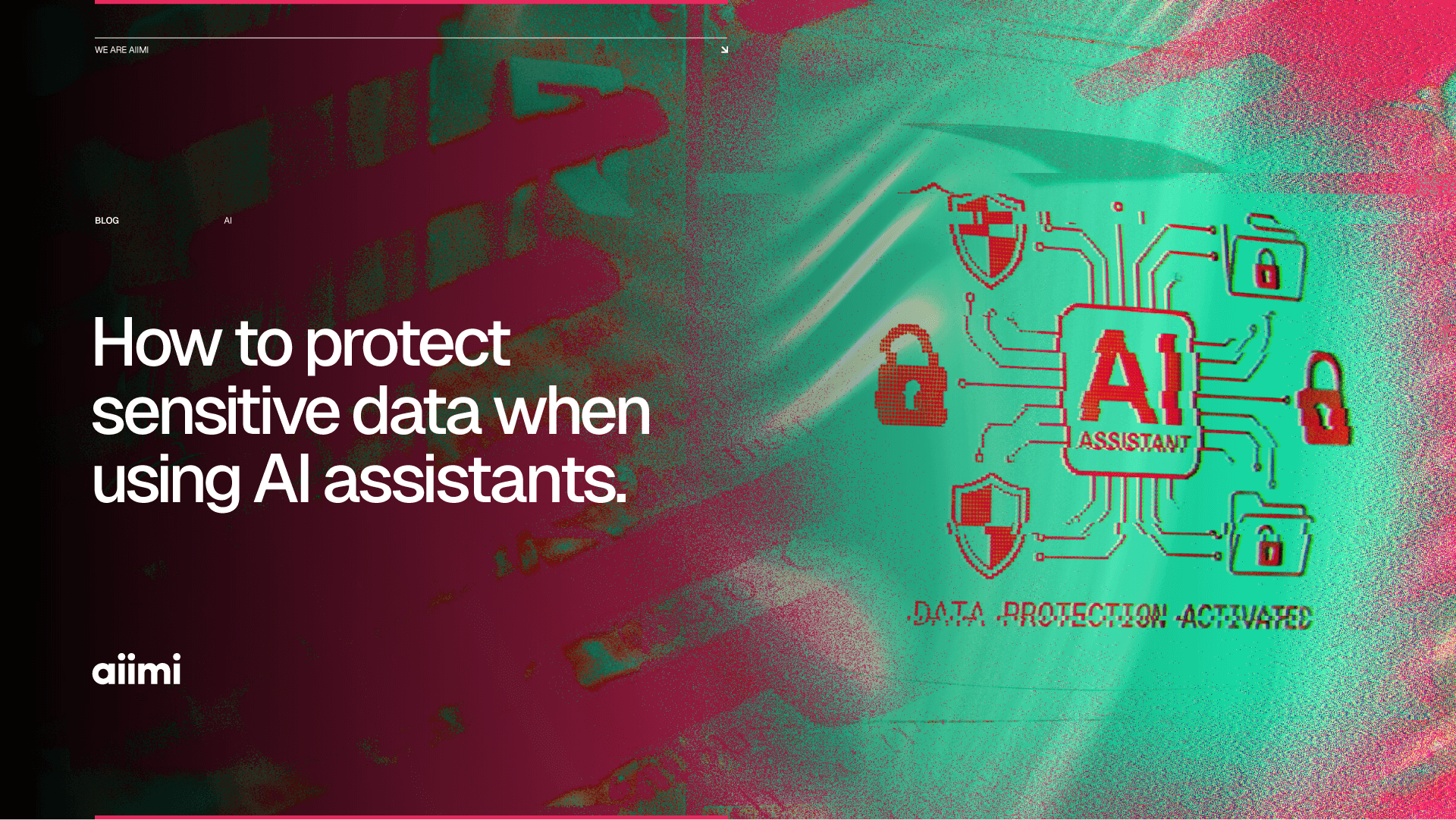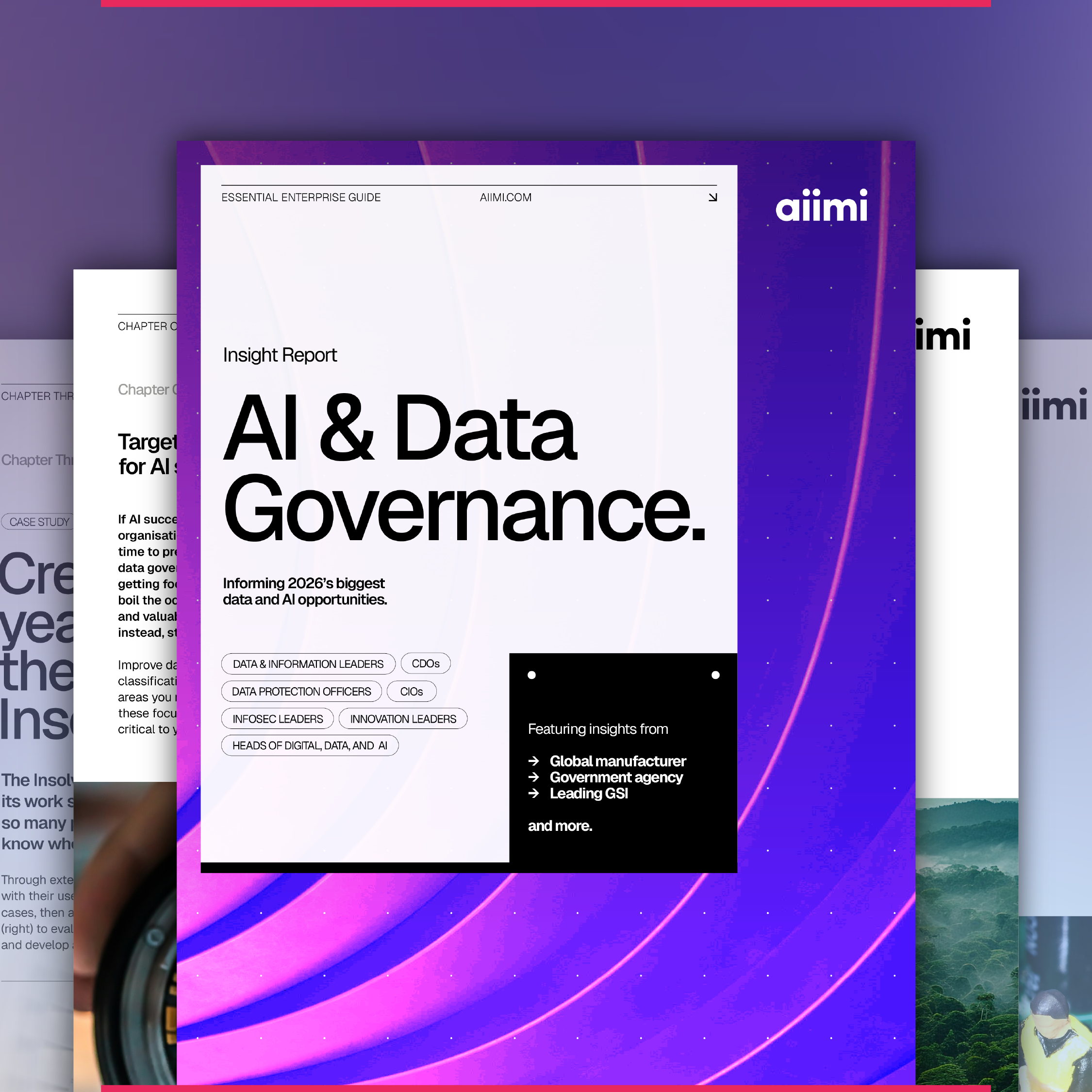Data Ownership: What is it and why does it matter?

You hear it all the time in blogs and articles...data is hailed as the new oil, the lifeblood, and the biggest potential asset of an organisation. As someone with an HR degree I’m not entirely comfortable with that statement – I think people are an organisation’s biggest asset. That said, it’s great that we are starting to realise the value of data; be that through increasing revenues, providing a better customer experience or reducing costs.
Data is hailed as the new oil, the lifeblood, and the biggest potential asset of an organisation.
The majority of businesses will have roles allocated to owning processes, systems, customers, markets and assets. Yet it’s still rare to find data owners and data stewards. This is most likely for a number of reasons. Firstly, if a company does have data owners and stewards, they’re often not recognised because they are wearing more than one hat. A data owner and steward could also be a data analyst or a data administrator within the business. They could be the person we’d turn to when we have questions about data such as “why do some customer email addresses start with mickey.mouse?” or “if I want to measure X, what data should I use and how do I access it?”. If you’re a direct marketing professional the data steward is likely to be the person you turn to when the data file is corrupted on the way to the printing house. Or it could be the person in another team, in another building, who you know “does some data stuff,” so when you analyse the data it’s all there and makes sense.
If a company does have data owners and stewards, they’re often not recognised because they are wearing more than one hat.
This lack of clarity about who’s a data owner or a data steward means that many people within a company hold a wealth of information about data, but few people know who they are or how to reach them. If your business wanted to change a process or buy a new data set, who would you speak to? That’s why it’s so important to identify data owners early on, before you encounter any critical problems. Data owners and data stewards are critical to the success of a business – they ensure that data is protected, that the right controls are in place for access to data, that the data quality is understood, measured and managed, and they know what the master data sets of the organisation are.
Data owners and data stewards are critical to the success of a business.
At its heart, creating a governance model with proper data owners and stewards is a journey. This journey starts with a strong belief in the value of data. From there, a data strategy is developed and implemented across the business. The strategy needs to outline that the data will be owned, and set out reasons why an organisation would want to own its data. If data is to become our (second) biggest asset and continues to be the lifeblood of our businesses, it makes sense that we invest in the data experts who can maximise its value across the business.
In my next blog, I’ll be exploring the challenges and benefits of embedding a data ownership framework. Keep your eye on our social media channels (Twitter, LinkedIn, Facebook and Instagram) to make sure you don't miss it.
Stay in the know with updates, articles, and events from Aiimi.
Discover more from Aiimi - we’ll keep you updated with our latest thought leadership, product news, and research reports, direct to your inbox.
You may unsubscribe from these communications at any time. For information about our commitment to protecting your information, please review our Privacy Policy.



